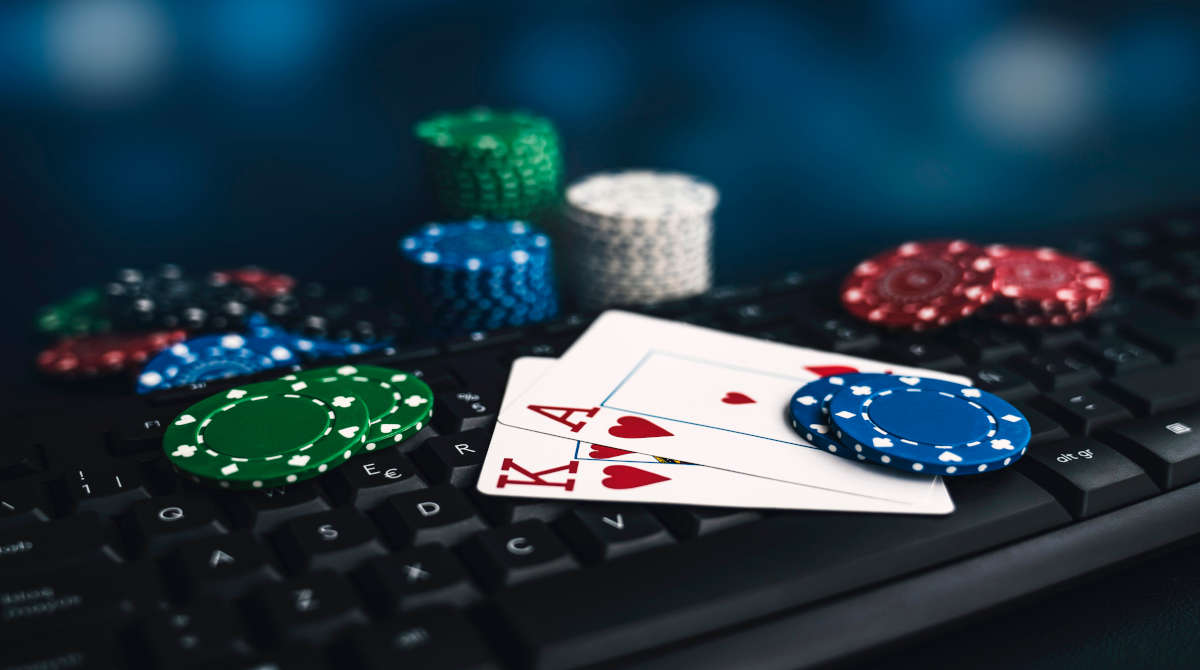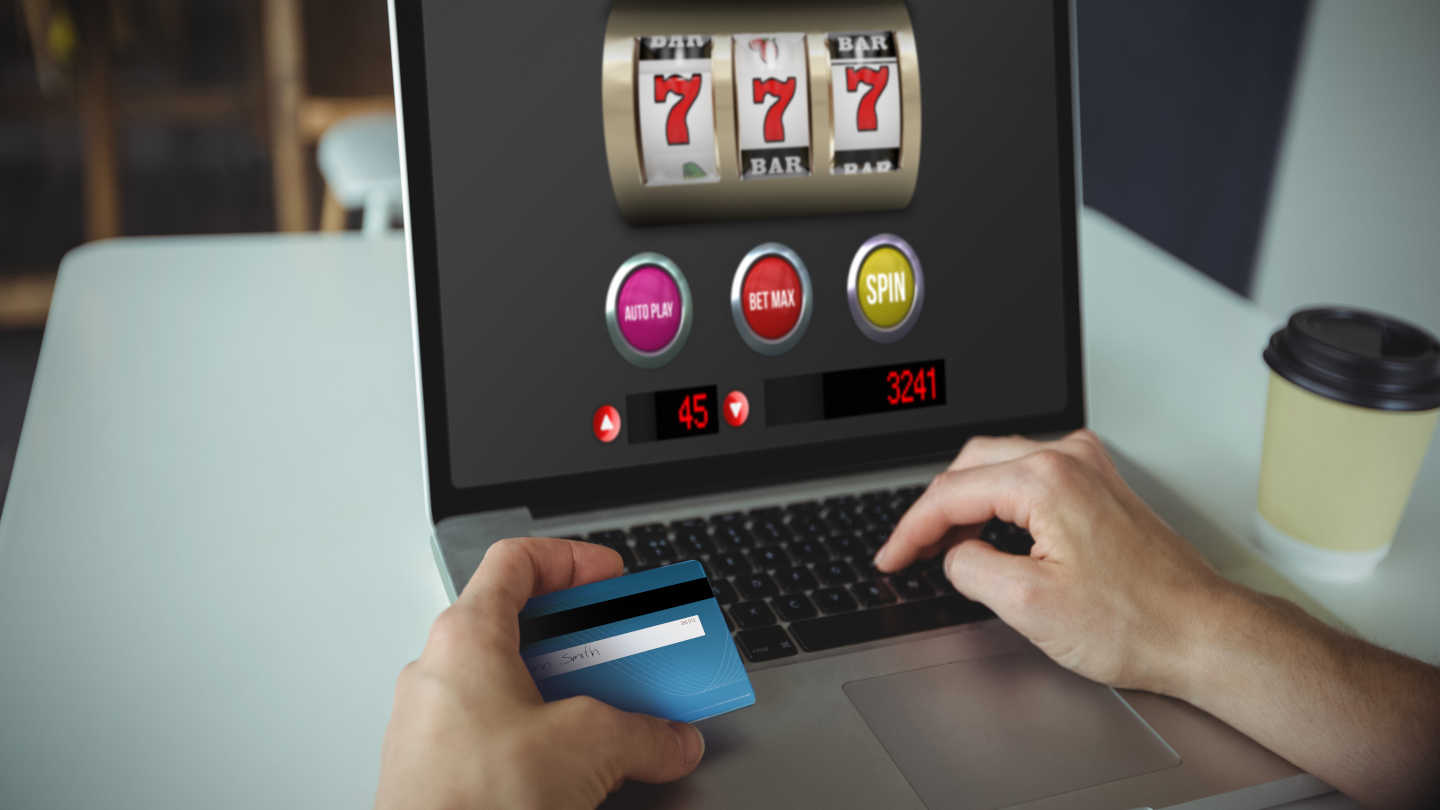Mastering Online Poker – Strategies for Beginners and Experts

3 minutes
Last Updated: October 17, 2023
Mastering online poker requires a combination of skill, strategy, and experience. Whether you are a beginner or an expert, there are several strategies that can help improve your game. For beginners of casino poker titles, it is important to start with the basics. Experts need to learn to develop their strategy.
Continuous learning and improvement are essential for both beginners and experts which is why analyzing your own gameplay and learning from your mistakes is a great way to gain insights into the game.
From understanding poker terminology to implementing effective strategies, this article will provide you with essential strategies to help you master the game.
Essential Poker Terminology
Here are some essential poker terms that beginners should familiarize themselves with:
- Ante: A small forced bet that all players must make before the hand is dealt.
- Blinds: Forced bets made by the two players to the left of the dealer button before the hand is dealt. The player to the immediate left of the button posts the small blind, and the player to their left posts the big blind.
- Call: Matching the current bet or raise.
- Check: Choosing not to bet when it's your turn. You can only check if no one has made a bet before you in that round.
- Fold: To discard your hand and forfeit any chance of winning the pot.
- Raise: Increasing the current bet.
- All-In: Betting all of your remaining chips or money on a single hand.
It's important to understand these terms to effectively communicate and understand the game of poker.
Beginner Strategies for Online Poker

Are you ready to dive into the exciting online casino poker landscape and explore your options there? Well, before you start dreaming of bluffing your way to victory, it's important to lay a solid foundation.
First things first, start with low-stakes games. This is your chance to gain valuable experience without putting too much of your hard-earned money on the line. It's like dipping your toes in the water before taking the plunge.
You should also practice bankroll management. It's crucial to set a budget for your poker sessions and stick to it because while it can be tempting to chase losses, but it's a slippery slope. Knowing when to walk away is just as important as knowing when to bet big.
Next up, familiarize yourself with hand rankings. From the prestigious Royal Flush to the humble High Card, you need to know them all. Think of it as learning the alphabet before you can start writing your poker story.
You should learn to observe your opponents by paying close attention to how they play. Look for patterns, tendencies and those little tells that can give you a precious edge. It's like being a detective at the poker table, gathering clues to crack the code of your opponents' strategies.
Last but not least, embrace the tight-aggressive style. As a beginner, it's wise to play fewer hands but play them aggressively. This strategy will help you avoid costly mistakes and keep you in control of the game.
Online Poker Strategies for Experts

If you consider yourself an expert in the game, then you will surely want to dive into some advanced strategies that will leave your opponents in awe.
First things first, it's important to talk about table position – it's not just about where you sit, it's about how you use it to your advantage.
Mastering table position means playing more hands in late position and fewer hands in early position which gives you the upper hand, allowing you to make more informed decisions and control the flow of the game.
No talk of poker would be complete without mentioning bluffing. Bluffing is an art form in poker, and it's a skill that every expert player must possess.
But it's not just about bluffing randomly, instead, you need to implement a solid bluffing strategy. Learn when and how to bluff effectively to keep your opponents guessing. This will give you the power to manipulate the game and take control of the pot.
Instead of focusing on specific hands, start thinking in terms of hand ranges. This approach allows you to make more informed decisions based on the likelihood of your opponents' holdings. By understanding the range of hands your opponents could have, you can make better decisions and increase your chances of having a good time.

















